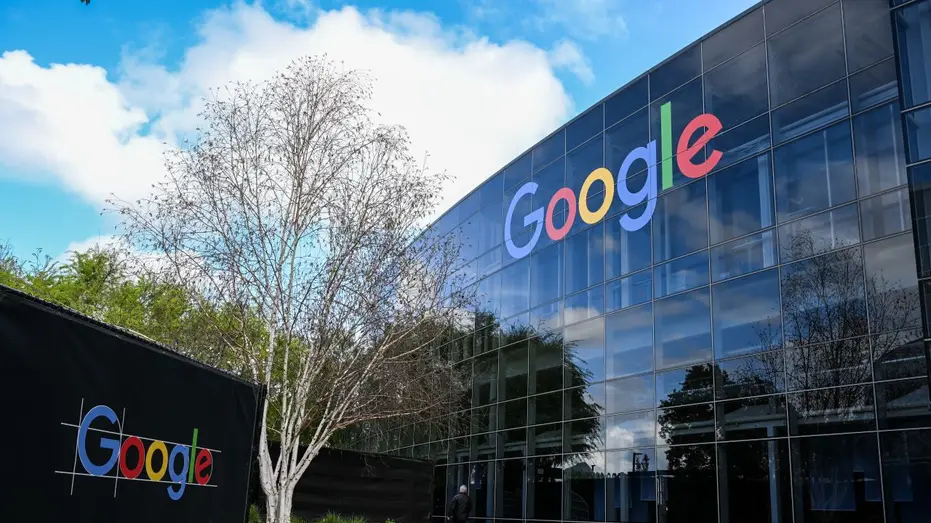On Thursday, a U.S. District Court ruled in the federal antitrust case against Google, finding that the company illegally maintained monopoly power in key areas of the digital advertising market. The U.S. Department of Justice, along with over a dozen state attorneys general, brought the case. They argued that Google’s dominance in publisher ad servers and ad exchanges resulted from anticompetitive behavior.
Judge Leonie Brinkema wrote in her decision that Google “willfully engaged in a series of anticompetitive acts.” She explained that these actions harmed market competition, publishers, and consumers seeking information on the open web. According to the court, Google used restrictive policies and removed competitive features to strengthen its market position.
However, the court partially dismissed claims involving Google’s advertising tools. It ruled that these tools, as well as acquisitions like DoubleClick, did not harm competition.
In response, Lee-Anne Mulholland, Google’s Vice President of Regulatory Affairs, said, “We won half of this case, and we will appeal the other half. The court found that our advertiser tools and our acquisitions, such as DoubleClick, don’t harm competition.”
This ruling is one of two major federal cases currently challenging Google’s influence in the market. As a result, it could lead to broader regulatory changes in the digital advertising industry.

